Initiative
European Fund for Youth Action on Pollinators
Funding
This initiative is co-funded by the European Union and will run until 2027.
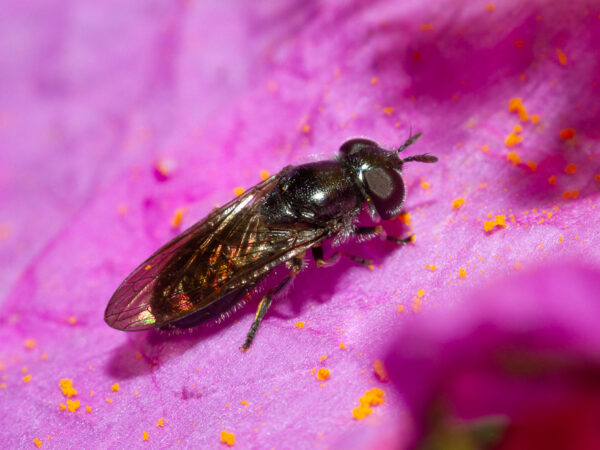
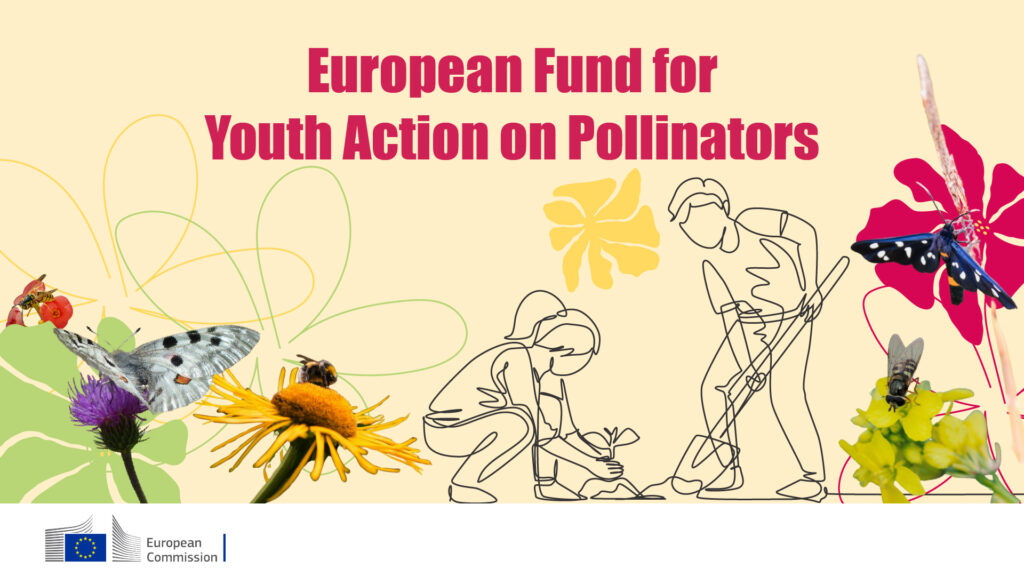
The European Fund for Youth Action on Pollinators aims to foster the engagement of young people in implementing the actions outlined in the revised EU Pollinators Initiative: A New Deal for Pollinators, and advance the next generation of conservationists.
This initiative supports a diverse range of on-the-ground activities and research projects to protect pollinators across Europe through two simultaneous calls for proposals:
- One for youth-led civil society organisations or non-governmental organisations with a youth chapter active in pollinator conservation in the EU, offering grants up to EUR 70,000, and
- Another for individuals (EU citizens aged 18–35), based in the country of project implementation, offering grants of up to EUR 15,000.
While the Fund contributes to improving knowledge of pollinator decline, their role in natural and modified ecosystems, and aims to mobilise society to take action —it also supports a wide array of practical, awareness-raising, and capacity-building activities beyond traditional conservation.
For example, individual applicants can propose creative and community-focused initiatives such as:
- Enhancing pollinator habitats in urban and rural areas
- Promoting pollinator-friendly gardening practices
- Organising school visits to educate children about pollinators
- Donating pollinator hotels to local schools or community spaces
- Engaging with local councils to plant wildflowers in public areas
- Launching citizen science projects or awareness campaigns in their communities
- Using social media or art to engage local audiences on pollinator issues
- Hosting community events to celebrate pollinators and biodiversity
Altogether, the Fund aims to support around 25 individual grants and 5 organisational grants, inspiring a broad, inclusive approach to protecting pollinators through education, advocacy, local action, and conservation.
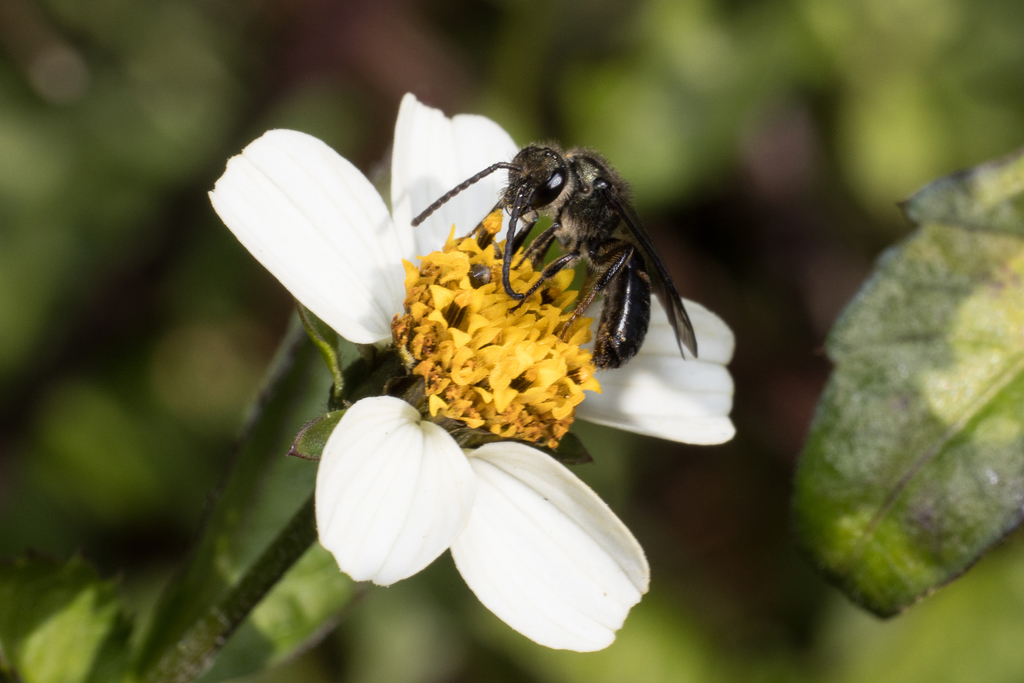
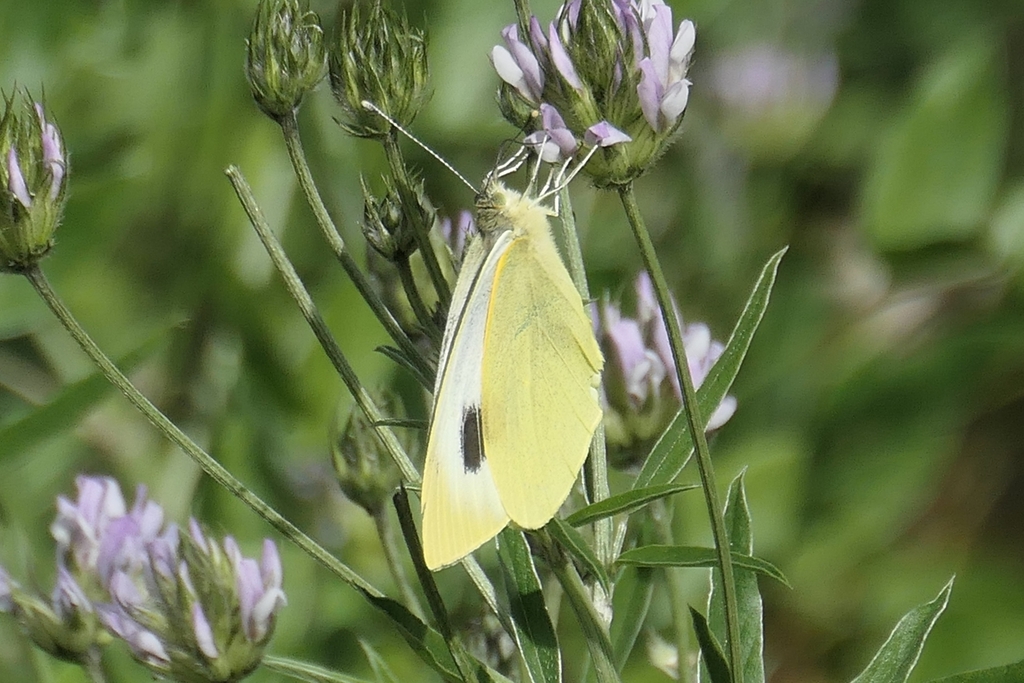
The current status of pollinators in Europe
Pollinators in Europe include a wide range of species, from insects such as bees, butterflies, and hoverflies to birds, bats, and small mammals. However, their populations have seen a significant decline in recent decades due to unsustainable land use, intensive agriculture, pesticide exposure, invasive alien species, pollution, and climate change. This decline poses a serious threat to ecosystems, food security, and human well-being, with pollinators contributing an estimated EUR 5 to 15 billion to the European Union’s agricultural economy.
To counteract this crisis, the European Commission adopted the revised EU Pollinators Initiative in 2023, outlining a set of actions aimed at improving knowledge on pollinators, strengthening conservation efforts, and mobilising society, particularly youth, to take action.
The important role of youth in conservation
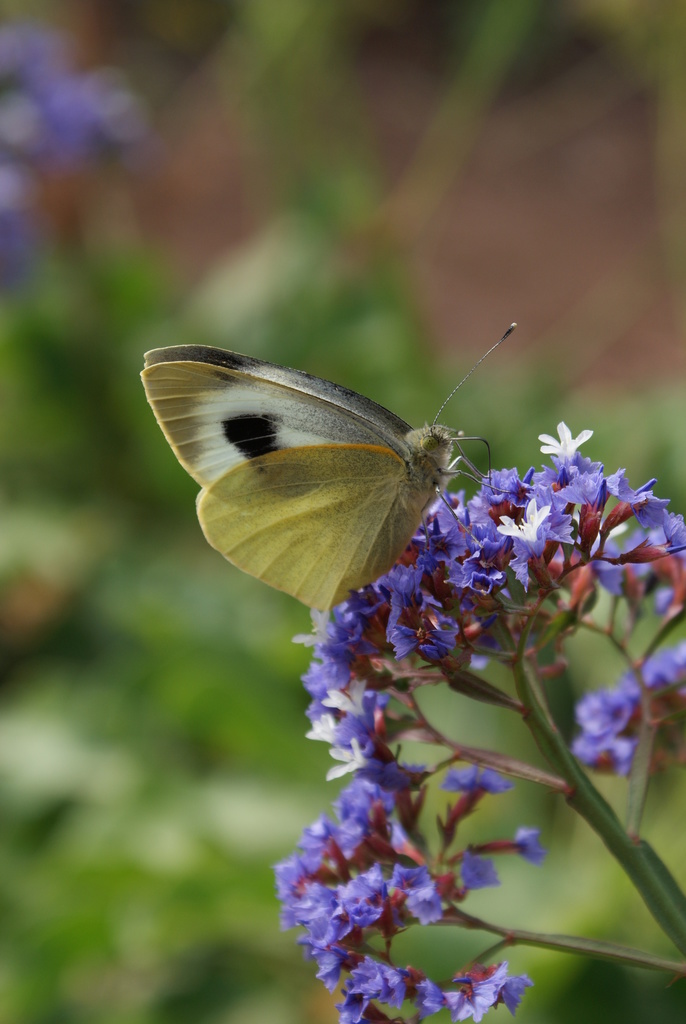
Young people are pivotal to the future of conservation, serving as innovators, leaders, and changemakers in an ever-evolving world. Empowering them to participate in conservation action is essential to delivering on conservation goals.
The IUCN Youth Strategy 2022-2030 also recognises this, and aims to both support initiatives led by young people and to include youth at all decision-making levels of the Union.
Furthermore, as part of the broader Youth for Pollinators Pilot Project initiated by the European Parliament in 2022, this initiative plays a central role in putting its objectives into action by establishing strong connections with a Youth Assembly and providing future training opportunities for young conservationists.
Empowering the next generation
The European Fund for Youth Action on Pollinators is committed to strengthening capacity by fostering a network of young practitioners and facilitating knowledge exchange. Grantees will join a dynamic peer network, enabling them to share experiences, best practices, and resources. Capacity-building webinars will address specific learning needs, providing a platform for discussions on effective conservation strategies, while successful project approaches will be documented as best practice examples on the PANORAMA Solutions platform. Additionally, an interactive lesson learned workshop at the end of the initiative will bring grantees and stakeholders together to reflect on project outcomes, share insights, and refine conservation methodologies for greater impact.
As a key actor in European pollinator conservation, IUCN has played a leading role in supporting these efforts, from assessing species through Regional Red Lists assessments to developing action plans for threatened pollinators. Through the Species Conservation Cycle, composed of “Assess”, “Plan”, “Act” and “Communicate” modules, IUCN has helped identify priority conservation actions and is now spearheading efforts to maximise on-the-ground-action and develop conservation action plans.
How to apply
Applications for this call are now closed (as of 9 September 2025). Please check back soon for results and future opportunities. Updates on selected projects will be shared on this page in due course.
